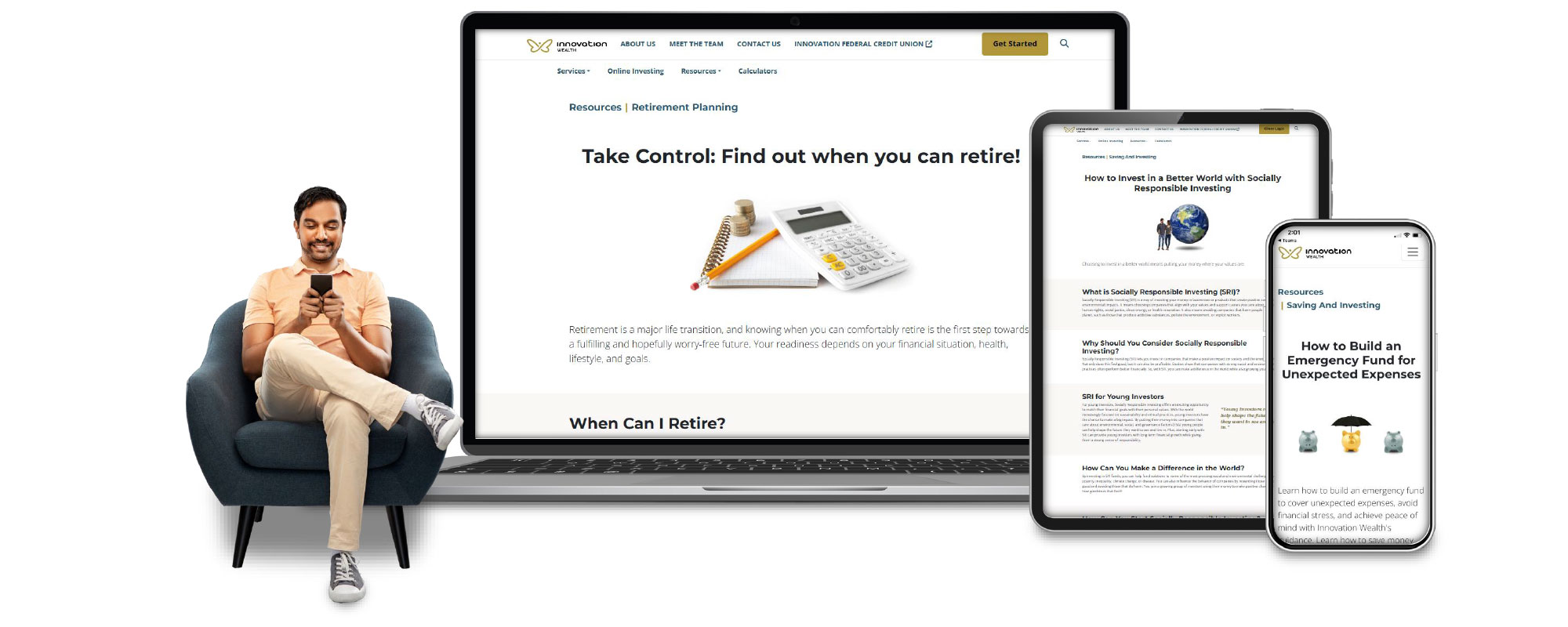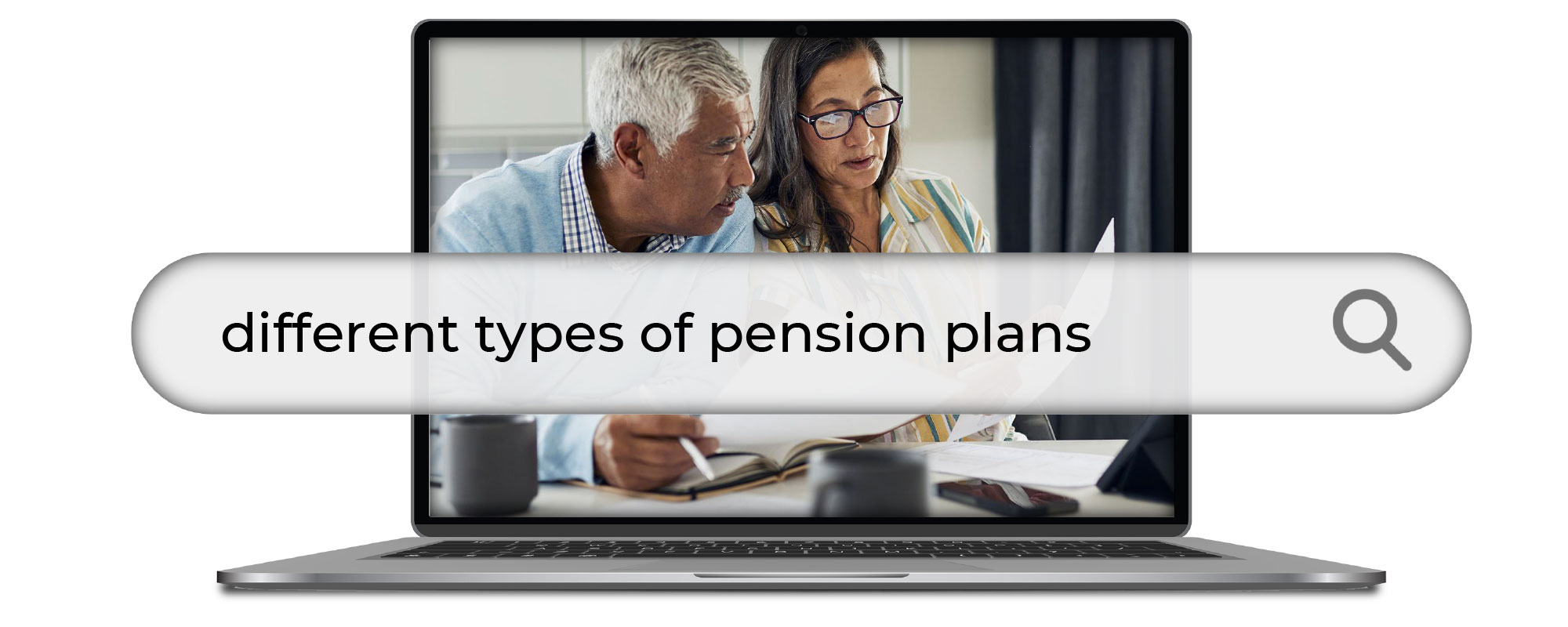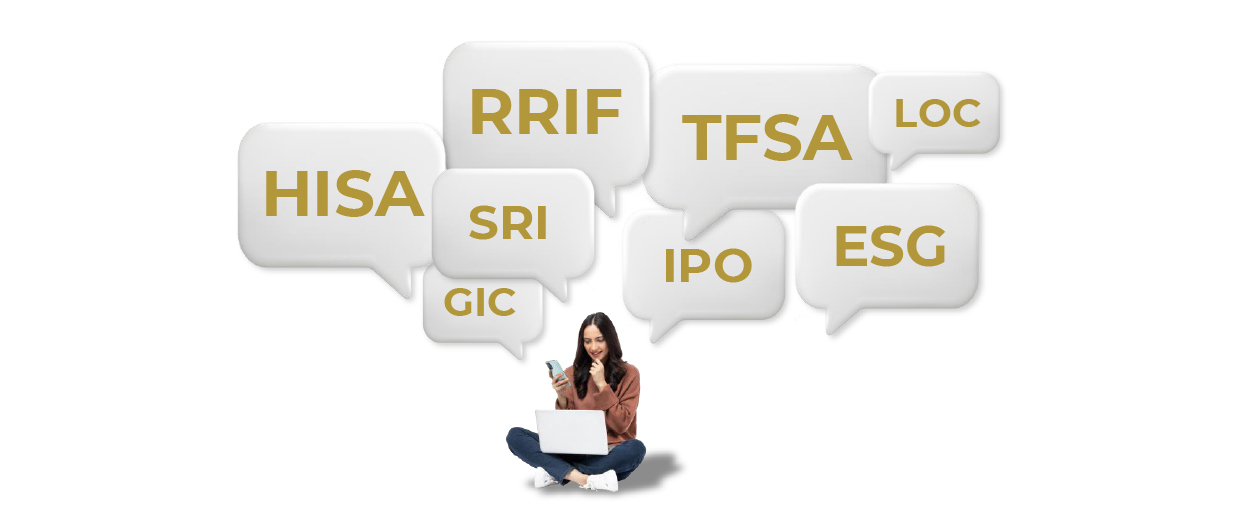We acknowledge that we are on traditional and unceded territories in Canada of the many First Nations, Metis, and Inuit who have graced these lands for centuries. We are privileged to be able to conduct our business on these lands today. In the spirit of truth and reconciliation, we acknowledge that we live, work, and play on Treaties 1 to 11 in the area that is now known as Canada.
Online brokerage services are offered through Qtrade Direct Investing, a division of Aviso Financial Inc. Qtrade Direct Investing and Qtrade Guided Portfolios are divisions of Aviso Financial Inc. Mutual funds and other securities are offered through Aviso Wealth, a division of Aviso Financial Inc.







